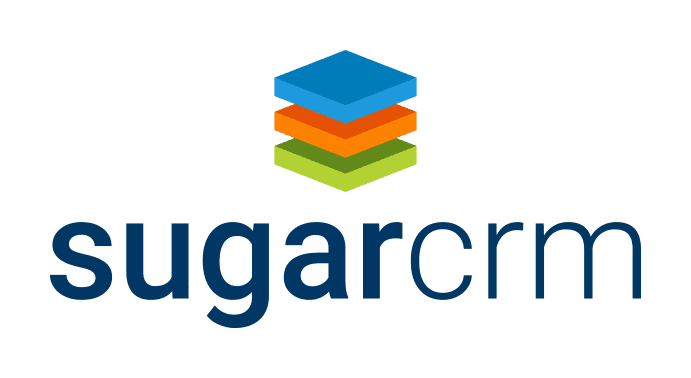One of the most common question we’re asked: “Which ERP should I use?” and, “When is it time to upgrade my ERP?”
Today, businesses evolve so rapidly that whether you’re using the best and most updated business solution is a question that’s always on the table. And it makes sense, given how modern businesses are built on getting the most out of all the technologies they employ.
How ERP Software has Evolved
As an out-of-the-box solution, an ERPs job used to be limited to accounting, HR, manufacturing, and supply chain type functions. Then, as other verticals began to notice the process efficiencies and visibility that ERP offers beyond those functions, they realized the operational possibilities and sought their own industry technology.
As a result, ERP evolved into a broader capacity solution and brought with it enhancements like user interfacing, third-party integrations, and higher-level customizations.
Enterprise Resource Planning was once considered a static manufacturing and logistics solution for managing operations and supply chains. Modern ERP systems, however, have seen dramatic improvements that create better ways to solve problems by using emerging technologies such as blockchain and artificial intelligence. These developments are driving new levels of opportunity for companies in every industry that can give you a competitive advantage today.
With customer expectations continuing to rise, driven largely by the increase in mobile device use and expectations for an Amazon-like convenience, you have to close the gap between where you are now and where you should be.
How to Find out the Right Time for Upgrading your ERP
If you are pushing your current ERP system beyond its capabilities, something will inevitably happen to sideline your plans to make it work. Your ERP system sits at the core of business operations so you make the most of the business data you collect with informed decisions. With an outdated ERP, your operational efficiencies and decision-making capabilities erode over time, which begs the question, when is the right time to upgrade?
To achieve greater agility, improve the customer experience and reduce costs, let your business goals and priorities guide your approach. Some companies wait until it’s too late and face near business shutdowns, so it’s important to plan ahead by asking yourself these questions about your current business solution:
Do you lack existing system functionality?
Many companies upgrade their ERP to gain new functionality and efficiencies since updated versions are designed to increase productivity. This is one where you don’t want to wait. If you’re looking for smarter integrations, improved data, and faster processing, upgrading your ERP will deliver ROI improved margins. As you automate your business processes, as people are doing less manual things, you can continue to grow without proportionately adding headcount and that will significantly improve your margins as you grow.
Are you growing by adding entities?
If your current systems can’t support growth strategies and require you to manage consolidations in Excel or cannot automate intercompany transactions, it’s time for an upgrade. With modern ERP, you can handle intercompany transactions and reporting within one system and see consolidated team financials in real-time across your different entities instead of waiting until month-end.
Do you have too many unintegrated solutions?
Older ERP systems lack the capabilities that allow more modern cloud ERPs to integrate with other solutions easily. If your systems can’t talk to each other and struggle to integrate with your current ERP now, it will only get more difficult as time goes on.
Too many systems that aren’t able to share the same data means you get multiple versions of the truth when running reports. To get your systems on the same page, you rely on manual workarounds and duplicate data entry, becoming too complex and unwieldy to remain productive.
Are you spending too much time on duplicate data entry?
Tied in with too many solutions, the time spent manually keying data into multiple systems comes at a high cost. Staff double and triple their efforts when keying the same data into various systems. Aside from being inefficient, the cost of human error or the time it takes to fix data entry errors is immeasurable and unpredictable.
Are you reliant on spreadsheets?
Excel is an excellent tool for business, but if your current system or users are too dependent on Excel, it may be time to upgrade ERPs. Spreadsheets provide only a fragmented view of operations and create difficulty in analyzing critical business information. Companies that rely on spreadsheets and other disparate systems to store vital business data lack integrated business intelligence and key analytical insights to understand organizational needs better.
Switch to the cloud for better decision-making
Before approaching the updating process for your current ERP, you should always analyze whether your ERP software delivers on your business goals and, if not, adopt the new technology that does.
Real-time data is critical for fast and intelligent decisions that keep you ahead of the competition. Operating from a cloud platform gives you the insight and automation needed to deliver value-added and strategic data for evolving demands of your business.

